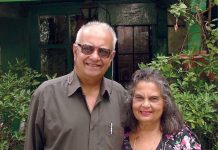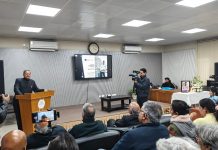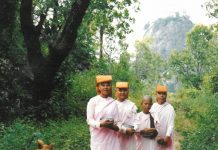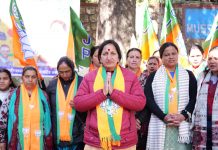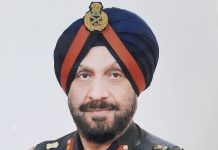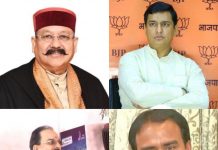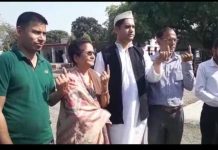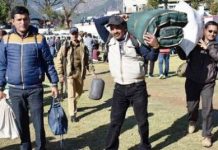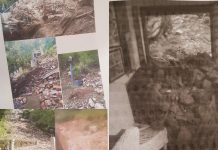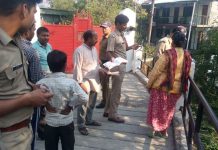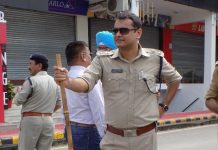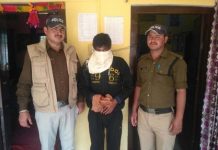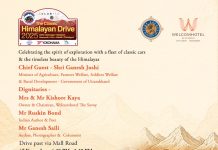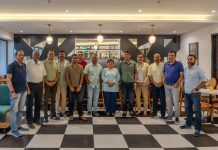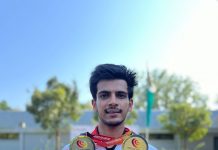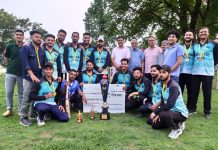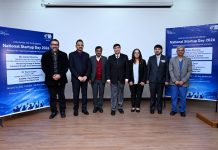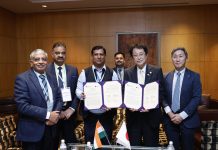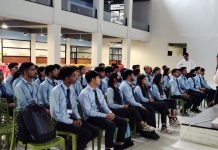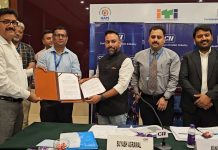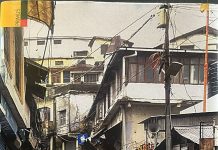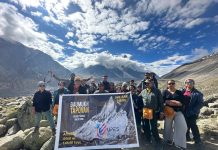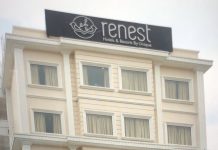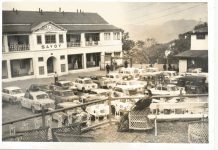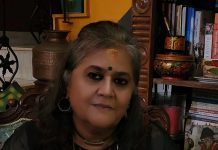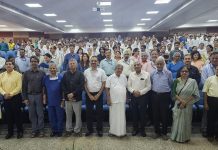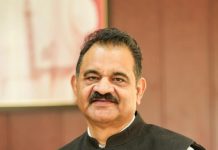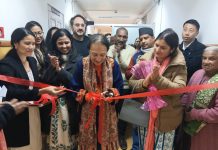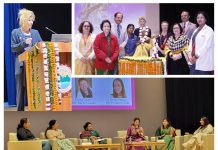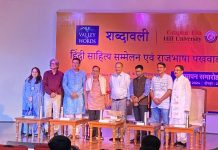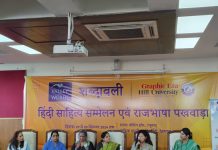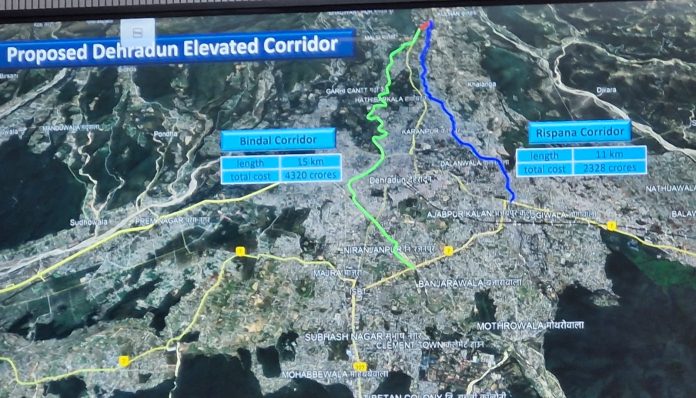Dateline Dehradun: Members of the Dehradun Citizens Forum (DCF), a platform of concerned residents and professionals, came together to express their deep concerns over the proposed Rispana-Bindal elevated corridor project. The forum highlighted what it described as a complete absence of civic participation in the conceptualization and planning of this ₹6200 crore project, which is expected to reshape large parts of Dehradun city’s natural and urban landscape.
It was categorically agreed that authorities have not conducted extensive series of citizen meetings with all segments of society. Alarm bells were raised that there was no information in the public domain and citizens did not have access to the projects DPR and Environment Impact Assesment (EIA) reports. DCF strongly feels that a series of townhall meeting must be convened before any decisions are taken.
At the heart of the discussion was the forum’s concern over the lack of transparency around the project, and the absence of a detailed cost-benefit analysis. Members questioned whether alternative and less disruptive solutions had been properly explored, and if the project truly reflects the long-term interests of Dehradun and its citizens.
The proposed 26-kilometre elevated corridor, being planned over the Rispana and Bindal riverbeds is widely believed to be aimed at easing tourist traffic towards Mussoorie. However, DCF members were unanimous in stating that urban planning should prioritise the needs of citizens, environment, and local ecosystems, not just the convenience of visitors. They also raised serious concerns about the impact such a project would have on the city’s rivers, especially when Dehradun’s water bodies are already stressed and polluted. Several members pointed out that Dehradun has already seen substantial road widening in recent years such as Sahastradhara Road and it remains unclear whether the impacts of these changes have been studied or factored into current traffic management plans.
Members questioned how a massive construction effort through fragile river zones could align with stated goals of river rejuvenation, especially when such projects often result in the concretisation of riverbeds, loss of biodiversity, and altered water flow. Many felt that the contradiction between registering tourists to regulate inflow and simultaneously creating five to six new routes and the upcoming ropeway to Mussoorie, including the elevated corridor, sends mixed signals and lacks clarity of long-term vision. A strong case was made for focusing instead on public transport systems, decongesting city roads through better planning, and rejuvenating the Rispana and Bindal rivers through ecological restoration and community-based models.
One of the key points raised was the need to base planning on data projections for the next 100 years, considering climate change and future population trends rather than relying solely on data from the past century. Members felt that any sustainable urban solution must be forward-looking and adaptable to the realities of the future, not just designed to solve today’s traffic bottlenecks with mainly a tourist centric lens.
During the meeting, members of DCF suggested the formation of smaller groups that would study the issue in more detail looking into aspects such as the environmental impact and citizen centric feasible alternatives. The aim is to equip citizens with a deeper understanding of what’s at stake and present these insights to the public and relevant authorities.
The forum reiterated that people must be at the center of decisions about the city they live in. Large-scale infrastructure projects cannot be pushed through without public dialogue, community input, or independent assessments. DCF called for a rethinking of the elevated corridor project and demanded that government agencies engage with citizens in a transparent and participatory process, before proceeding any further.
Dehradun Citizens Forum plans to hold more meetings and public awareness sessions to build a broad-based perspective on what a truly sustainable and inclusive future for Dehradun can look like. Florence Pandhi, Paramjit Kakkar, Anoop Nautiyal, Retu Chatterjee, Himanshu Awasthi, Rinku Singh, Akshat Chouhan, Mahabir Singh Rawat, Mousamy Bhattacharya, Capt Y. Bhattacharya, Lt. Col. Sunny Bakshi, Sunil Nehru, Ajai Dayal, Sarah Dayal, Alka Madhan, Bharti P. Jain, Ramana Kumar, Purnima Verma, Dhrvuv Batra, Manuj Agarwal, Rakesh Kapoor, Akshay Agarwal and SS Rasaily were present during the meeting.

